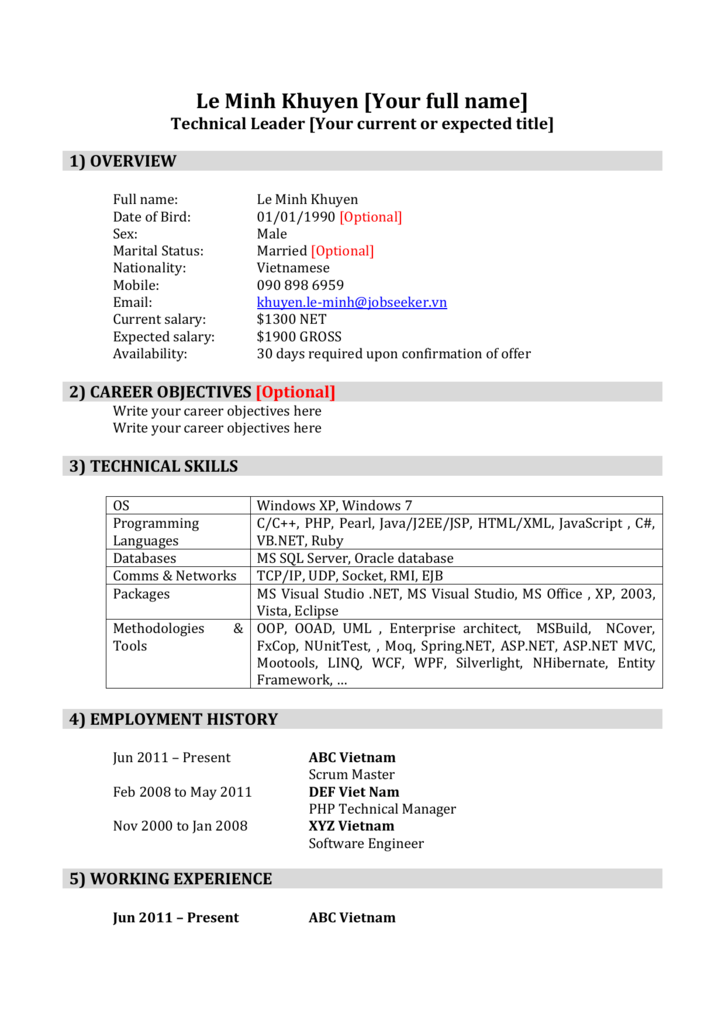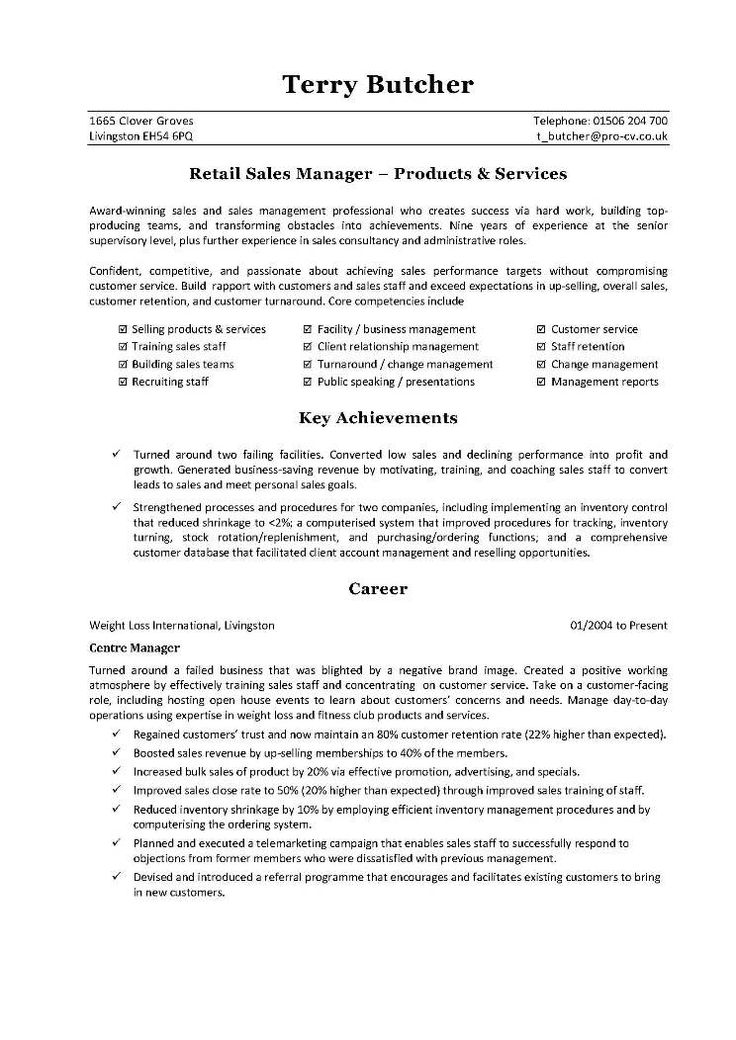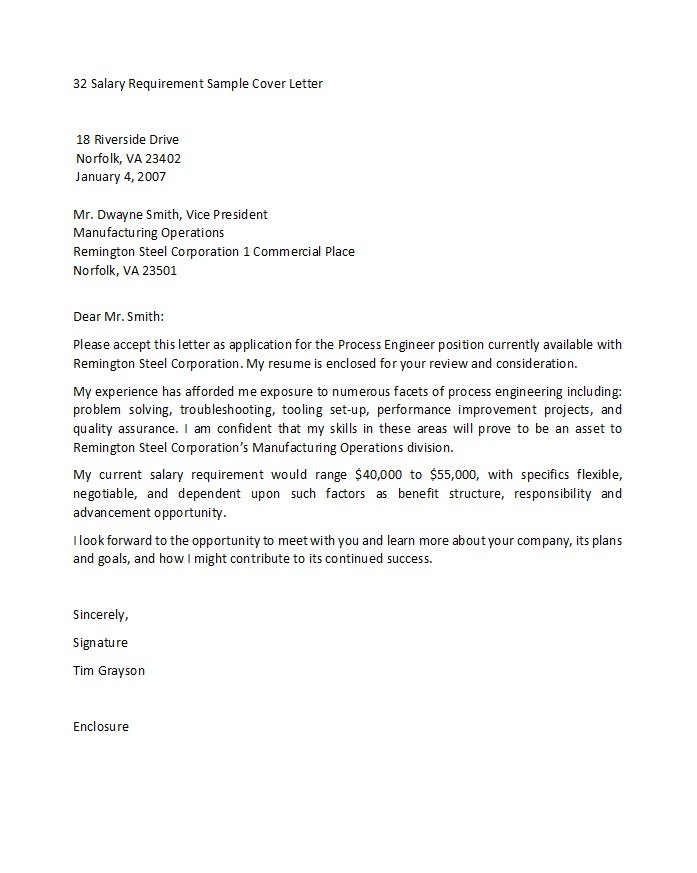What Is Your Salary Expectation Sample Answer For Freshers
Answer 1: As you know, I am a fresher and i dont have work related experience. Before beginning a salary discussion, I would like to know more and more about the company, also, what do you normally pay to the employees who join your organization as a fresher at the same position with the same education and skills.
Do Not Include Your Salary History On Both Your Cover Letter And Resume:
If youve already mentioned your salary history in a cover letter then do not mention it again on your resume. Nobody has the time to go through the same details twice. Doing something like this will show you as someone who does not value the time of the recruiter.
Remember that its a better idea to include your salary history on your resume rather than on your cover letter. If you do include it in your cover letter include it right in the end.
Say Salary Requirements Are Negotiable
You can also state that your salary requirements are negotiable based on the position and the overall compensation package,;including benefits. That gives you flexibility during the screening process and will leave;room to negotiate a reasonable salary;if you get an offer that’s less than you expected.
Recommended Reading: What To Put For Leadership On Resume
Research The Average Salary For Your Position And Skill Level
You can conduct research to discover fair wages for your industry and position. During your research, you may look for what other people in your industry are earning. You might also search for salary information related to your area and level of expertise. Additionally, you can determine the value of your experience and expertise by using an online salary calculator.
Related:What Is a Good Salary for You?
Dont Be Too Specific:

If you really wish to include salary history on your resume, try to avoid;including specific salary;figures and use a salary range instead.
For example:
In my past positions, I have earned between $40,000 and $60,000. I will be pleased to;discuss this further with you during the interview.;I have been making mid-$40,000. I am sure that your company pays a competitive salary.
Read Also: How To Write Basic Knowledge In Resume
Why Companies Want Your Salary Information
Companies request compensation information for various reasons. If your salary requirement is too high, employers can screen you out because they don’t want to pay that much, or because they think you won’t be happy working for less money.
On the other hand, if your salary requirement is lower than the company is willing to pay, they may offer you a lower salary than another candidate.
To avoid being screened out or offered a low salary, you need to be careful how you describe your salary information.
Read below for tips on how to provide this information without hurting your chances of getting a job while still receiving a fair salary.
How Do I Turn Job Duties Into Accomplishments
So grab your resume, and sit down with our step-by-step guide to ditching the duties and making those bullet points sing your praises.
My greatest achievement examples could include:
- Giving a great presentation at work.
- Beating sales targets.
- Training for and completing a marathon.
- Organizing a successful charity event.
- Mentoring a coworker or fellow student.
Recommended Reading: How To Make A Resume More Visually Appealing
Do Not Include It In A Separate Sheet Of Paper Or Table:
One of the worst mistakes you can make when placing your salary history on your resume is placing this resume on a separate piece of paper. Doing something like this will just attract too much attention to how much money you have received and if its too much it is going to immediately eliminate you from the running.
In this day and age bagging a job is a tough thing to do and even if you willing to settle for a lesser salary, it unlikely that you will consider for the post as they will think that in your heart of hearts you will be feeling sad as well as disappointed.
Cover Letter Salary Requirements
Still unsure how to word your salary expectations politely in your cover letter? Have a look at these brief samples. Weve also included an example of a full cover letter so you can see where to include salary requirements in your own.
Salary Requirements on an Administrative Assistant Cover Letter
Based on the local industry average for a professional of my experience level, Im seeking a salary in the $65,000$70,000 range.
Salary Requirements on a Customer Service Representative Cover Letter
After assessing the duties outlined in the job description, I would prefer a starting salary ranging between $47,000 and $50,000, not including benefits.
Nursing Cover Letter Salary Requirements
Based on my experience, certifications, and skill set, Im hoping for a salary offer of $70,000$75,000.
Don’t Miss: What Is Declaration In Resume
Should Candidates Include Salary Requirements On Resumes
- Post authorBy Casey Fleischmann
In general, you should NOT include salary information on your resume. Sometimes your;prospective employers may ask for your salary requirements or salary history, but unless;there is a penalty for omission, such as your resume will be rejected, do not include the;information.
If you;include a salary requirement that is lower than what the position you are applying would generally receive, you mark yourself as cheap or lacking experience and may not get the offer you would like. On the other hand, if you indicate a figure that;is too high, then you mark yourself as too expensive and may rule yourself out of the runnings.
So what should you do if a prospective employer has specifically requested you to include;the salary information? Here are 5 tips to help you out:
How To Write A Resume With Salary Requirements
Often, when you see an open position that has salary requirements, the employer or hiring manager is referring to either salary expectations or salary history. In the case of salary expectations, they want you to define the salary range that you expect to make if hired for the position-and usually this information is included in your attached cover letter. The salary history simply refers to the salaries you have made in previous positions. In either event, it can seem a tricky matter to discuss salary; but whether you are looking for how to submit an application with salary expectations or one with salary history; we offer how to do both here.
Read Also: How To Update Your Resume On Linkedin
Do Not Confuse Salary History With A Salary Requirement:
Many people believe that a salary history and a salary requirement is one. This is wrong. Make sure that you know the meaning of the terms which you are using on your resume.
Salary history is a list of the salary which you have received in the companies which you have worked in the past, whereas on the other hand, a salary requirement is the amount of money which you expect to receive from this job. If you make the mistake of confusing both these things up, then you are going to show yourself in very poor light indeed.
Its Better To State A Desired Range Than A Number

If pressed, or if you believe that you must provide a figure to proceed to the next stage in the hiring process, you can state a broad range rather than a specific desired salary.
This is preferable because youre less likely to rule yourself out and get eliminated by going too high, and youre less likely to limit your job offer later by going too low.
So before going on your interview, be prepared to state a range. Research the rate of compensation for the role you are aiming to fill. You can do this by looking at job sites, industry newsletters, and salary surveys, or by using a salary calculator. In addition, research cost of living in the area.
If you decide to share a range for desired salary in the interview, always make it a broad range, like $40,000-60,000.
And state your desired range boldly. Dont be tentative, or offer the range in the form of a question. Then, immediately shift the conversation back to the skills and value you will bring to the role.;
You May Like: When Will Disney Cruises Resume
But What If The Employer Requires Your Salary On A Resume
Naturally, there may be times when employers make it clear that theyâll discard resumes that donât include salary information. You need to know how to deal with those scenarios, so that you can hopefully avoid the problems outlined above. The key is to avoid being too specific, while still providing enough detail to prevent your resume from being dismissed outright. There are several ways to accomplish that goal:
-
Instead of listing a set figure, describe a salary range. If youâre asked to list previous salary information, donât be specific. Write something like, âIn my former jobs, I earned between $50,000 and $65,000.â You can do the same when asked to list a desired salary.
-
Leave out any benefits that you might have received as part of a previous salary package. Just focus on providing a salary range for actual monies received.
-
You can also try to avoid the topic altogether and simply note that your salary requirements are flexible. Let the employer know that you will be happy to discuss salary options during an interview.
How To Answer Questions About Desired Salary Quick Instructions
You know what to put for desired salary on applications and how to handle questions about desired salary in the interview. This will help you get more interviews and stay calm all the way through the process up until you receive an offer!
Got a question?; Leave a comment below
You May Like: How Do You Write A Summary For A Resume
When And How To Mention Compensation In A Cover Letter
Theresa Chiechi / The Balance
Writing a cover letter is challenging enough, but some employers throw in an extra complication: a request for;salary requirements.
Why do companies ask applicants to name their price before calling them in for a job interview? Its a way for employers to ensure that they dont waste time interviewing candidates who whose expectations don’t fit with the salary range they have established for the position.
If youre uncomfortable discussing money, dont worry. There are ways to include this information in your cover letter without jeopardizing your chances of getting a job.
Here are tips on when and how to include a salary requirement in a cover letter, as well as an example of a cover letter that lists a salary requirement. Also see below for more cover letter samples, and tips for emailing a cover letter and resume to apply for a job.
What Are Salary Requirements
A salary requirement is the amount of compensation a person needs in order to accept a position. Salary requirements are based on several factors such as:
- Prior salary history
- The industry
- Cost of living
Occasionally, an employer might ask you to include your;salary history;instead of your salary requirements. A salary history is a document that lists your past earnings. The document typically includes the name of each company you worked for, your job title, salary, and benefits package.
The difference between the two is that your salary history is what you actually earned in your previous job. Your salary requirements are what you expect to earn in your next position.
Don’t Miss: How To Insert A Line In Word For Resume
Is 32 Hours Considered Part Time
Is a 32-hour workload considered part-time? While most employers define full-time work as ranging between 32 and 40 hours a week, the Affordable Care Act specifies that a part-time worker works fewer than 30 hours a week on average. Under the Affordable Care Act, a 32-hour work week is considered full-time.
Desired Salary Example Answer #2:
At this point in my job search, Im focused on finding the position thats the best fit for my skills and career. Once Ive done that, Im willing to consider an offer that you feel is fair for the role.
If you feel you were not well-paid in your last role and dont want to be held back by that salary, you can respond like this.
This is a great answer because its polite, professional, and makes it unlikely theyll try to push you further because youve said that you dont have a number in mind.
If they push back or insist on getting a number from you, just repeat:
I really dont have a number in mind yet.
They cant push you for a number if you dont have one!
Read Also: How To List Gpa On Resume
How To Include Salary Requirements In A Cover Letter
Because of the sensitive nature of salaries, it is often challenging for candidates to mention a specific amount. However, there are strategies for including salary information in a cover letter without selling yourself short or going beyond the companys budget. Here are ways to include salary requirements in a cover letter:
Reasons To Not Include Your Expected Salary In Your Cv

If youve read any articles on what not to include in a resume, youve likely noticed that a common inclusion is salary.
So why is it often advised that you dont include your expected salary in your CV? Here are seven reasons to consider:
1. It can make hiring managers question your motives
2. It can detract from your skills and experience
The purpose of your CV is to present your professional skills and experience to the hiring manager. Including your salary expectations at this early stage is unnecessary and could even detract hiring managers from absorbing important information about you.
3. You may be filtered out of the process earlier
Hiring managers are looking for ways to quickly narrow down their stack of CVs. If you include your salary expectations in your CV and it doesnt match what the business is prepared to pay, you may instantly be excluded from the hiring process, before youve been given the chance to demonstrate your passion for the role.
4. You can appear less experienced
If you provide your salary expectations in your CV and its too low, you may appear less experienced than you are. This could result in you being removed from the process early.
5. You may get a lower salary offer
6. It can reduce your opportunities to negotiate
7. It can reduce your chance of making a connection
Read Also: What Does An Actor’s Resume Look Like
How To Deal With Requests For Your Salary History Or Salary Requirements
If you’ve been job hunting lately or are about to seek new employment, you will most likely have to address your salary history or salary requirements.
What They Mean
When employers ask for your salary history, they want to know the salary you earned for each employer listed on your resume, especially your last position.
When employers request your salary requirements, they want to know what salary you will accept if offered the job for which you’re applying.
For many job seekers, discussing salary history can be an uncomfortable part of the job-hunting process. But knowing the difference between these two concepts is critical to your success.
The Problem
There’s no danger in announcing your salary requirement. As a matter of fact, it’s necessary and commonly understood to be part of the negotiation process between potential employer and employee.
However, providing information about your salary history can harm your chances of employment or fair compensation for your talent. Once prospective employers know what you’ve earned in previous positions, some employers may offer you the same compensation level, slightly higher or even slightly less. Some employers may even remove you from further consideration, thinking they can’t afford you.
However, some employers now request this information and will actually reject applicants that don’t respond positively. So what should you do: Compromise your values or risk losing the job?
Five Tips
And Once You Receive A Job Offer
Sure, you need to work on your resume to get the interview. But before youre able to stick your foot in the door and impress them, you need to be prepared to negotiate salary if they offer you the job. And;;can help.
The first thing you should do is research, so youre able to come to the table armed with the knowledge of what your job is worth. Use our free;below to find out whats a fair salary for your position. You can enter your location, education level, years of experience and more to find out an appropriate salary range before you negotiate.
Good luck.
You May Like: What Does A College Resume Look Like